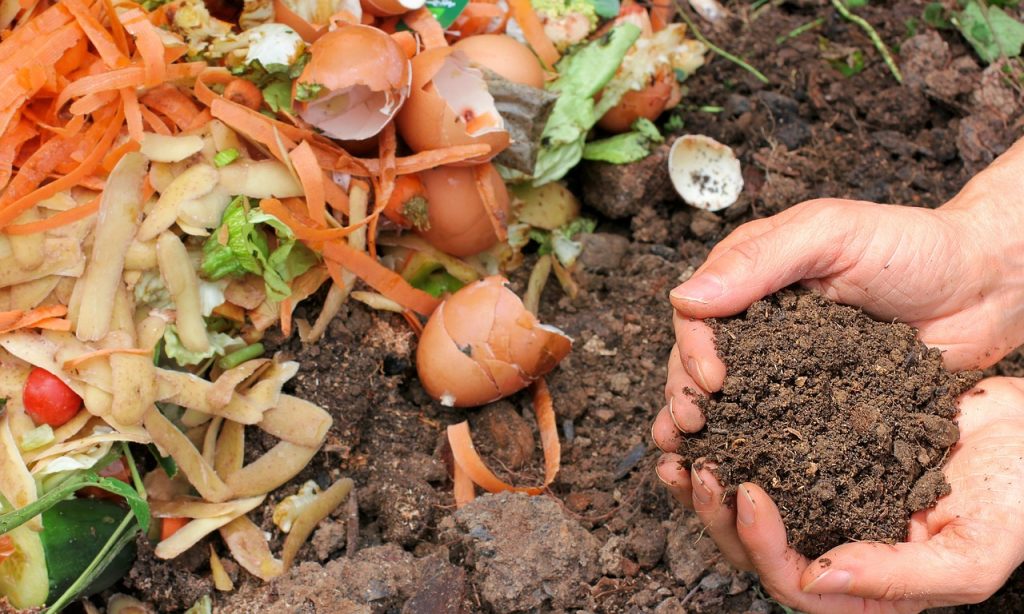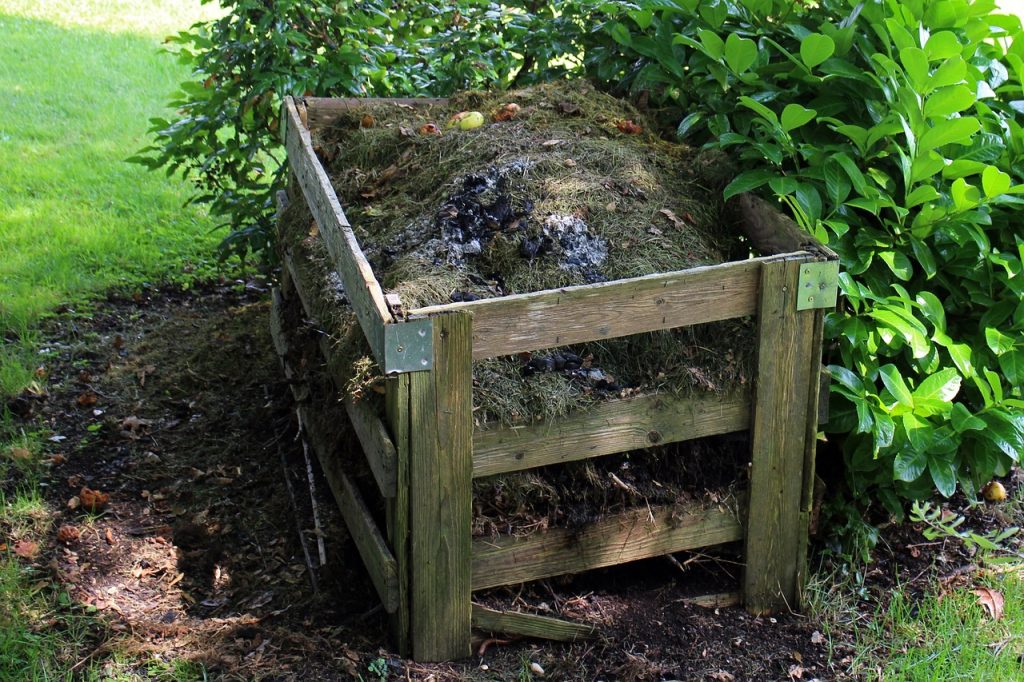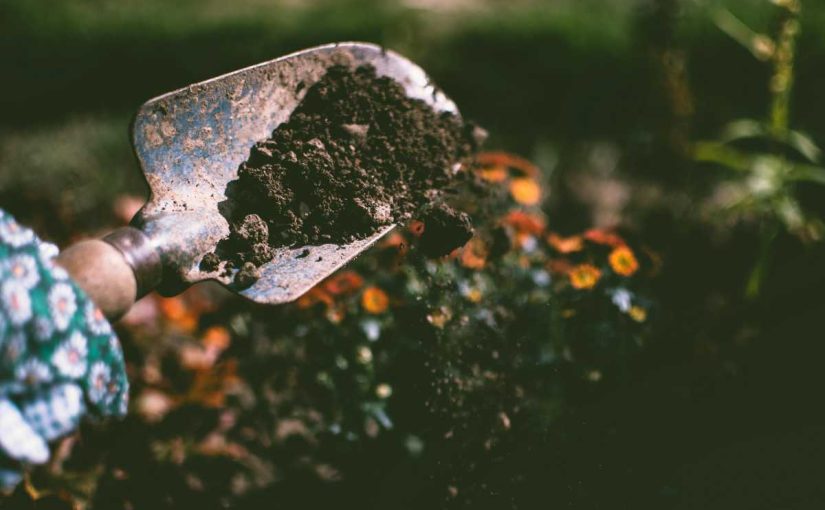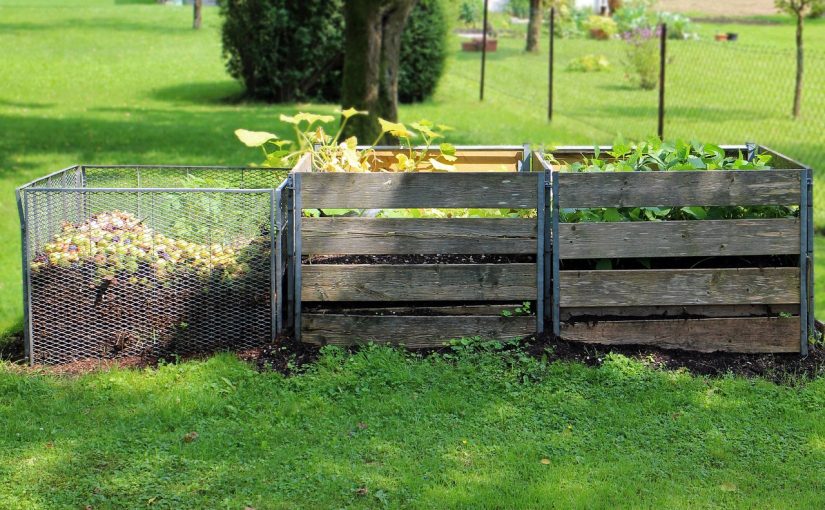Water conservation is a critical issue, especially as climate change continues to affect water availability and quality. One effective, sustainable solution to this problem is composting. By turning organic waste into rich, fertile compost, gardeners and farmers can improve their soil’s ability to retain moisture, reduce water consumption, and support more resilient plant growth. In this article, we’ll explore 7 ways composting can enhance water conservation and explain why incorporating compost into your gardening practices is a smart move for both your garden and the environment.
1. Improves Soil Structure for Better Water Retention
One of the most significant benefits of compost is its ability to improve soil structure. Compost helps bind soil particles together, creating a crumbly texture that enhances soil aeration and water-holding capacity. Soils enriched with compost can hold moisture for longer periods, reducing the need for frequent irrigation.
- How it works: The organic matter in compost absorbs and holds water like a sponge, allowing it to slowly release moisture into the soil over time, especially during dry spells.
2. Reduces Water Runoff and Erosion
When it rains, water can quickly run off compacted soil, taking valuable topsoil and nutrients with it. By adding compost to the soil, you increase its porosity and reduce the chances of runoff. The organic matter helps slow down water movement and allows it to penetrate deeper into the ground, which is particularly important on slopes or areas prone to erosion.
- How it works: Compost helps to create a protective cover on the soil surface, preventing it from being washed away and allowing water to stay where it’s needed.
3. Increases Soil’s Ability to Hold Nutrients
Water and nutrients go hand-in-hand in the soil. Compost improves the cation exchange capacity (CEC) of the soil, meaning it can hold onto essential nutrients like calcium, magnesium, and potassium. These nutrients, when combined with compost’s moisture-retaining qualities, help plants grow stronger, reducing their dependence on frequent watering.
- How it works: With compost in the soil, water carries fewer nutrients away with it, as compost helps bind and store these nutrients in the soil for the plants to use at their own pace.
4. Promotes Healthy Root Development

Compost improves the soil’s structure and fertility, leading to healthier plant roots. When roots can grow deeply and spread freely, they are better equipped to absorb water from deeper in the soil, reducing the need for surface irrigation. Plants with strong root systems are more drought-tolerant and can thrive even in challenging water conditions.
- How it works: The increased air circulation and water retention provided by compost create an ideal environment for roots to grow deep and strong, allowing plants to access water in dry conditions.
5. Supports Beneficial Microorganisms That Retain Moisture
Healthy soil teems with microorganisms like bacteria, fungi, and earthworms, which play a vital role in breaking down organic matter and creating a fertile environment for plants. Compost promotes the growth of these beneficial organisms, which in turn enhance the soil’s ability to retain moisture.
- How it works: Microorganisms help create more pore spaces in the soil, which allow water to infiltrate and stay within the root zone for longer periods, benefiting plant growth.
6. Reduces the Need for Chemical Irrigation Solutions
In many cases, chemical fertilizers and soil conditioners are used to boost plant growth and soil health, often at the expense of water conservation. These products can sometimes lead to the overuse of water or inefficient irrigation practices. Compost, on the other hand, is a natural, sustainable solution that not only supports healthy plant growth but also reduces the need for excessive irrigation.
- How it works: By improving soil health and reducing the need for synthetic fertilizers, compost helps create more efficient watering systems that focus on long-term sustainability and water conservation.
7. Reduces the Impact of Drought Conditions
During periods of drought, conserving water becomes even more critical. By using compost, you can reduce the amount of water your plants need to thrive and mitigate the impacts of drought. Compost helps to create resilient soil that can withstand periods of low rainfall and keep plants hydrated for longer.
- How it works: Compost retains moisture and helps keep the soil temperature stable, both of which are essential for reducing water evaporation and ensuring plants have access to the moisture they need during dry spells.
Conclusion
Composting is an excellent way to conserve water in your garden or farm while promoting healthier soil and more resilient plants. By enhancing water retention, reducing runoff, and supporting strong root systems, composting makes it easier to manage water resources sustainably. Whether you’re in a drought-prone area or just looking for ways to improve your garden’s water efficiency, incorporating compost into your soil care routine is a smart, eco-friendly choice that benefits both the environment and your plants. Start composting today, and take a step toward a more sustainable, water-wise future!




